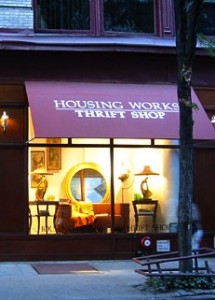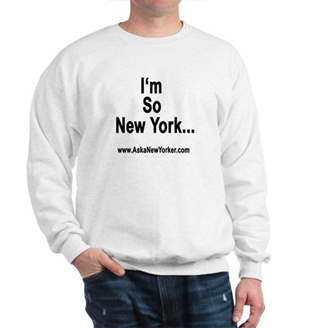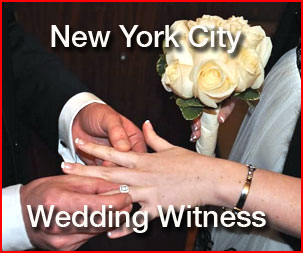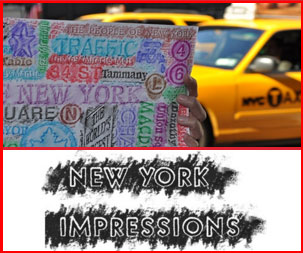Q: It is so hard it is to identify the origins of clothing these days (re: sweatshops!). Plus, there’s the obfuscation of employee/worker issues (American Apparel sex scandals?!) and companies that are surreptitiously making multi-million dollar donations to hateful causes (Target supports anti-gay legislation??!!). It seems like those few companies doing things on the up-and-up are either super expensive or produce such limited options. If you don’t have hours of undedicated time on your hands to research the origins of everything first, how on Earth can you shop responsibly and fashionably on a money/time budget??
A: Unfortunately, there is no easy way to answer this question. If you truly want to shop responsibly, you’ll need to make a little bit of an effort, and probably invest a few extra dollars in the cause.
The best way to approach the situation? Start shopping for clothing the same way you’d shop for food. Take, for example, an apple. When you go to a big chain grocery store, you are provided with very little insight into where that apple came from. Was it grown in a foreign country? How long ago was it picked, and how did it get to the United States? Was the guy who picked it working in humane conditions? Was he fairly compensated for his work? You have absolutely no idea, and the 19-year-old kid stocking the shelves isn’t going to have an answer either.
On the flip side, think about what happens if you purchase your apple at an NYC Greenmarket. There, you’ll know exactly where that piece of fruit came from, down to the town it was grown in and the name of the farm. You can ask the farmer what working conditions are like for his employees, whether pesticides are used in the growing process, and how long ago the crop was harvested. And if the guy manning the booth isn’t the farmer himself, he’s most likely still someone who knows the origin of (and takes pride in) the product he’s selling, and will be more than happy to answer your question.
When it comes to clothing, the best thing you can do is follow the same sort of practices. Shop small, shop local, shop independent. Buy from New York-based clothing lines and locally-owned boutiques where the owner or designer is on-hand to answer your questions, and don’t be afraid to ask lots of them. Buy from Etsy shops, craft markets, your sister’s cousin’s friend who is trying to get her tee shirt business off the ground. Shop at thrift shops that support a good cause. Buy fabric and a pattern and learn to make your own clothing.
If you feel the need to go mass-market for certain items, do your best to buy from companies who manufacture their products in the United States. While this won’t necessarily rule out all of the ethics issues you mentioned (ie: sex scandals), at least you’ll know that the item you’re purchasing was made by American workers who earned a fair living wage for their efforts. (Sites like this one provide a comprehensive list of domestically produced brands, along with details on whether all or just some of a company’s products are made in the United States.) And if you don’t have time to do the research in advance, be sure to check the label for “Made in USA.” If you see that that sweater you’re coveting was made in China or Singapore or Romania, move along to the next option, no matter how much you love it.
Finally, wherever and whenever you shop, make a habit of asking about the history of the item you’re thinking about purchasing. The store manager may or may not have an answer to your question, but at least you’re planting the seed that there are people out there who care about the history of the products they purchase. And if the manager doesn’t know, call or write to the company. You might not get an answer, but again, the more people who ask, the more likely it is that retailers will take note and change their ways. After all, their main job is to keep customers like you happy. If enough people ask questions about their business practices or refuse to buy their products until conditions improve, you’d better believe that brand will change their ways in a hurry.
 Rebecca Frey is a costume designer, wardrobe stylist, and personal shopper. She has worked on Late Night with Jimmy Fallon, Saturday Night Live, and Conan, and is also the owner of Seek New York, a NYC-based company that provides a friendly, low-pressure approach to style and offers personalized shopping tours with licensed NYC guides. Every Tuesday, she answers your most pressing shopping-related quandaries. Need Becky’s help? Email your questions to emily@askanewyorker.com.
Rebecca Frey is a costume designer, wardrobe stylist, and personal shopper. She has worked on Late Night with Jimmy Fallon, Saturday Night Live, and Conan, and is also the owner of Seek New York, a NYC-based company that provides a friendly, low-pressure approach to style and offers personalized shopping tours with licensed NYC guides. Every Tuesday, she answers your most pressing shopping-related quandaries. Need Becky’s help? Email your questions to emily@askanewyorker.com.












Laura Boling
Thanks, Rebecca – I grapple with these questions all the time (especially with limited time and $, and a 14 month-old baby boy underfoot 😉 I really appreciate your insights!
Dina Lorren
Thanks Rebecca! Not sure if you know that site already – but it goes with what I do when shop locally here in NYC! http://goodzer.com